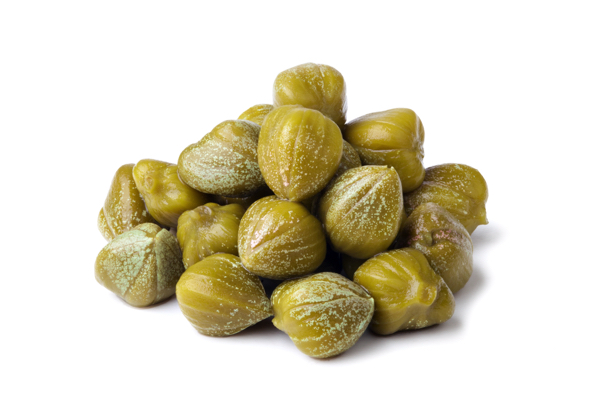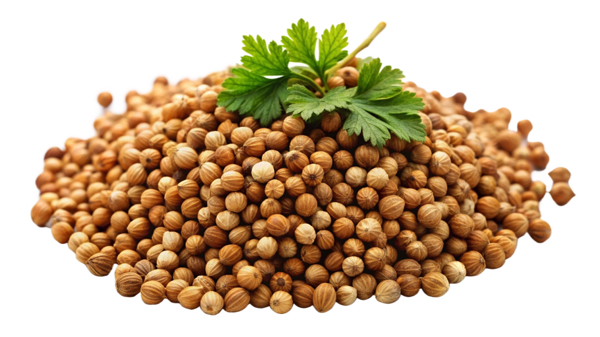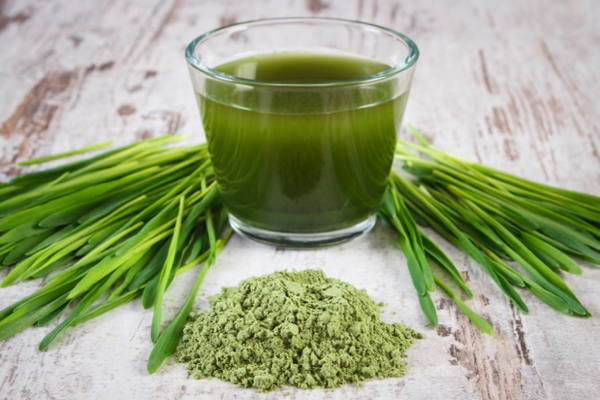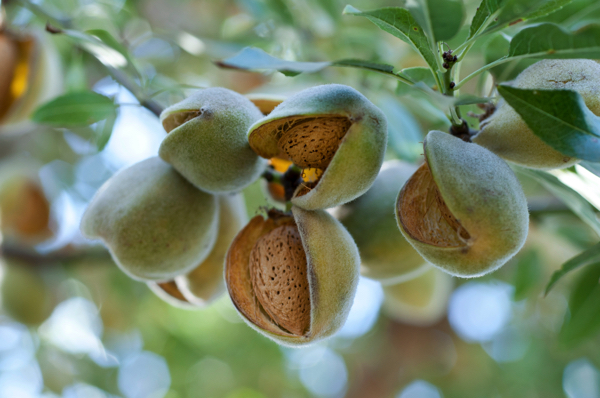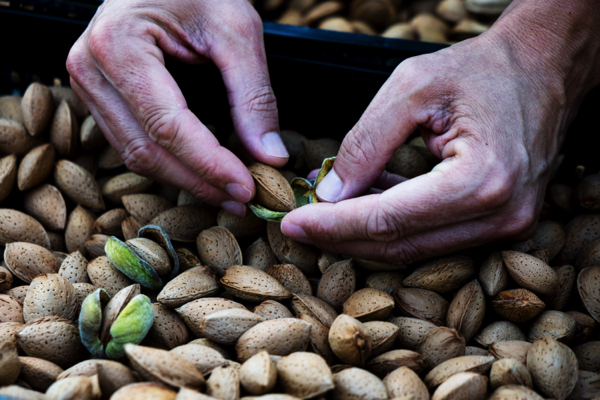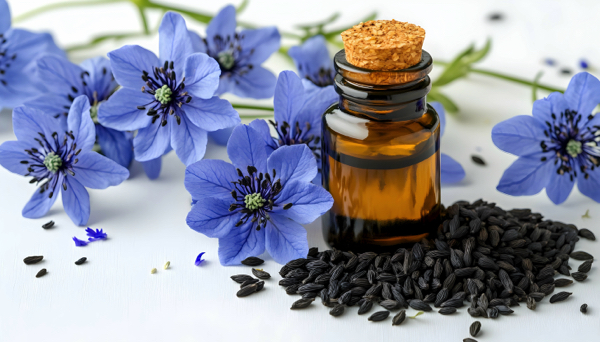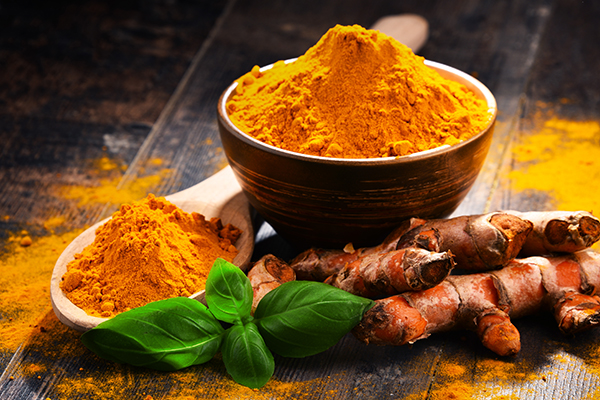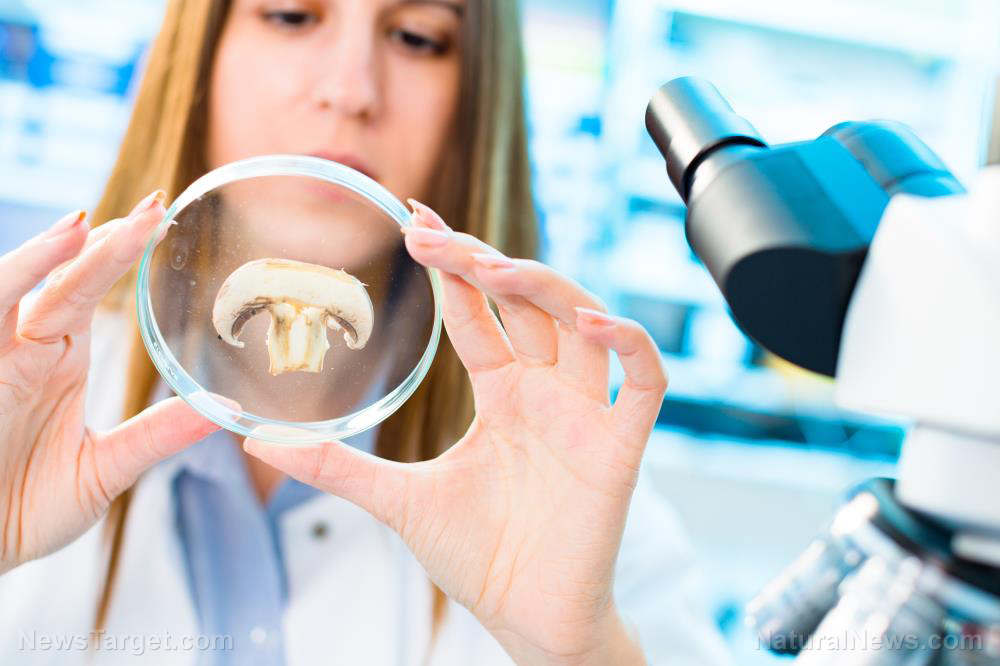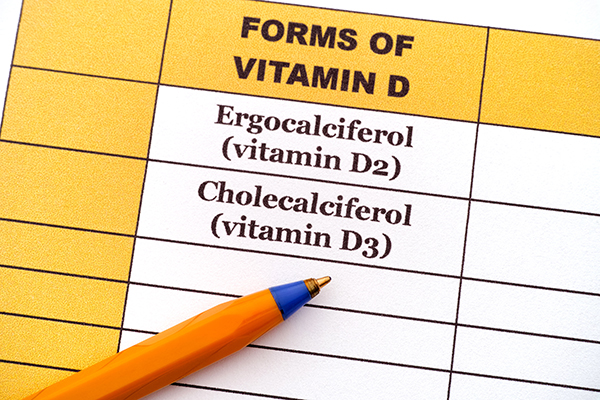Exploring the brain benefits of RUE
12/06/2024 / By Olivia Cook
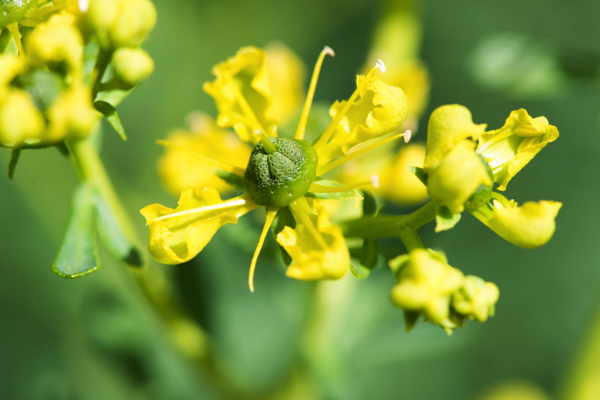
In the search for solutions to tackle neurodegenerative diseases like Alzheimer’s disease, Huntington’s disease and Parkinson’s disease, scientists are exploring the natural world for inspiration. One plant making waves in this field is Ruta graveolens or rue – a hardy, shrubby herb native to the Mediterranean. Long celebrated in traditional medicine for its diverse medicinal properties, rue is now being investigated for its potential to promote and restore brain health and function.
Rue has a rich history in traditional and folk medicine where it has been used to treat ailments ranging from aching pain and skin conditions to neurological disorders like multiple sclerosis.
Researchers are focusing on rue’s impact on the central nervous system (CNS), aiming to uncover how its chemical compounds could support brain health and combat the mechanisms behind debilitating diseases.
Rue owes much of its potential to a powerful metabolite called “rutin.” Discovered in 1936 and sometimes referred to as vitamin P, rutin is a flavonoid known for its antioxidant and anti-inflammatory properties. These attributes make rutin a promising candidate for addressing the oxidative stress and inflammation linked to neurodegenerative diseases. Additionally, rutin has been found to inhibit harmful enzymes, protect neurons from toxins and promote cell survival.
Alzheimer’s disease
Alzheimer’s disease is characterized by memory loss and cognitive decline, caused in part by the death of cholinergic neurons and the buildup of harmful beta-amyloid plaques. Rue and rutin show promise in counteracting these effects. (Related: Coconut oil improves brain function in Alzheimer’s patients.)
Boosts acetylcholine levels. Rue acts as an acetylcholinesterase (AChE) inhibitor, helping maintain levels of acetylcholine – a neurotransmitter vital for learning and memory. This mechanism is similar to that of drugs like donepezil, but without the gastrointestinal side effects often seen with these medications.
Fights plaques and inflammation. Studies show that rutin reduces beta-amyloid plaques in animal models, while decreasing inflammation markers like pro-inflammatory cytokines. This dual action could slow disease progression and improve neuronal survival.
Improves memory. Animal studies suggest that rutin enhances learning and memory – likely through its anti-inflammatory and antioxidant effects. It may also activate microglial cells (immune cells in the brain) to clear harmful proteins.
Parkinson’s disease
In Parkinson’s disease, the gradual loss of dopamine-producing neurons leads to motor symptoms, such as tremors and rigidity. Rue and its metabolite rutin have demonstrated promising effects in preclinical studies.
Inhibits harmful enzymes. One major contributor to Parkinson’s is monoamine oxidase B (MAO-B) – an enzyme that breaks down dopamine. Rue’s ability to inhibit MAO-B helps preserve dopamine levels – similar to existing Parkinson’s treatments like selegiline. But rue’s benefits do not stop there – rutin also reduces oxidative stress and prevents the formation of harmful byproducts that damage neurons.
Protects dopaminergic neurons. In animal studies, oral rutin administration protected brain cells from toxins that mimic Parkinson’s symptoms. Notably, treated animals showed improved movement and brain health – suggesting rutin might slow disease progression.
Enhances neural plasticity. Rue extracts promote neurite outgrowth – a process crucial for repairing and forming connections between neurons. This suggests a role in enhancing the brain’s adaptability and resilience.
Huntington’s disease
Huntington’s disease is a genetic disorder that causes movement problems and cognitive decline. Research into rue’s impact in Huntington’s, while less extensive, has yielded intriguing findings.
Counteracts toxins. In animal models, rutin protected neurons from toxic substances that mimic Huntington’s disease symptoms – improving cell survival and reducing damage.
Supports cellular health. A study using the model organism C. elegans found that rutin delayed aging, reduced neuronal cell death and activated pathways involved in cellular repair. These findings point to rutin’s potential for promoting brain health.
Neural plasticity and cell survival
One of the most exciting aspects of rue is its ability to influence signaling pathways that govern neural plasticity – the brain’s ability to adapt and form new connections. Rue extracts have been shown to:
Activates growth pathways. By stimulating signaling molecules like Akt and ERK, rue promotes cell survival and differentiation. These pathways are essential for repairing damage in conditions like Alzheimer’s, Parkinson’s and Huntington’s.
Promotes differentiation of neural cells. Rue extract encourages undifferentiated neural cells to develop into specialized neurons – a critical step in brain repair.
As researchers uncover more about its role in promoting neural health, rue may one day become a valued ally in the fight against brain diseases.
Watch this video about the herbal medicine benefits, uses and side effects of rue.
This video is from the Holistic Herbalist channel on Brighteon.com.
More related stories:
Studies show these three herbal medicines can reverse DEMENTIA.
Studies suggest these nutrients can help lower your dementia risk.
Here’s how fermented foods can support brain health.
Sources include:
Submit a correction >>
Tagged Under:
alternative medicine, Alzheimer's disease, brain function, brain health, cognitive function, cognitive health, dementia, health science, herbal medicine, Herbs, Huntington's disease, natural cures, natural health, natural medicine, Parkinson's Disease, phytonutrients, rue
This article may contain statements that reflect the opinion of the author
RECENT NEWS & ARTICLES
BrainNutrients.News is a fact-based public education website published by Brain Nutrients News Features, LLC.
All content copyright © 2018 by Brain Nutrients News Features, LLC.
Contact Us with Tips or Corrections
All trademarks, registered trademarks and servicemarks mentioned on this site are the property of their respective owners.

